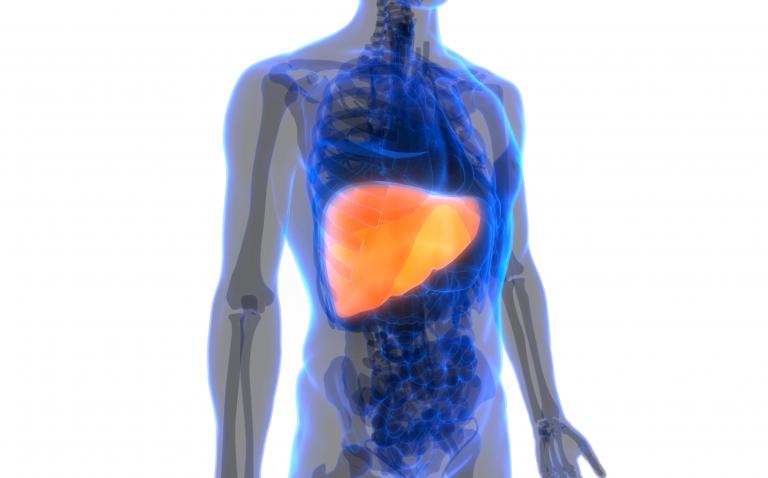Bayer has announced that the National Institute for Health and Care Excellence (NICE) has recommended Stivarga® (regorafenib) as an option for treating advanced unresectable hepatocellular carcinoma (HCC) in adults who have had Nexavar® (sorafenib) only if patientshave Child-Pugh grade A liver impairment and an Eastern Cooperative Oncology Group (ECOG) performance status of 0 or 1.1
“There is a great unmet need for liver cancer patients and their treating physicians as, until now, treatment options have been severely limited,” said Professor Daniel Palmer, University of Liverpool. “The positive recommendation by NICE for regorafenib in HCC means patients can now have access to a proven treatment plan involving the use of regorafenib directly after sorafenib, a plan which could significantly improve the outlook for this patient population.”
Liver cancer is often more difficult to treat than many other cancers with an annual mortality rate of 77,000 in the EU.2 Globally, it is the fourth leading cause of cancer-related deaths.3 In the UK, there are over 5500 new cases of primary liver cancer diagnosed each year, which is around 15 each day.4
Regorafenib is licensed based on data from the international, multicentre, placebo-controlled Phase III RESORCE trial, which investigated patients with HCC whose disease had progressed during treatment with sorafenib. In the trial, regorafenib plus best supportive care (BSC) was shown to provide a statistically significant and clinically meaningful improvement in OS versus placebo plus BSC (10.6 vs. 7.8 months, respectively, (HR 0.63; 95% CI 0.50-0.79; p<0.0001)), which translates to a 37% relative risk reduction in the risk of death over the trial period (Absolute risk reduction – 10%). Adverse events observed in the RESORCE trial were generally consistent with the known safety profile of regorafenib. The most common treatment-emergent adverse events were hand–foot skin reaction, diarrhoea, fatigue and hypertension.5
Manjinder Bains, Medical Director Oncology, Bayer UK said “Regorafenib for HCC offers the first licensed treatment option following failure on sorafenib which could significantly improve patients overall survival. As a company, we welcome the positive decision by NICE and are dedicated to ensuring access to the latest treatment advances to patients living in the UK.”
References
- National Institute for Health and Care Excellence. Regorafenib for previously treated adult patients with hepatocellular carcinoma. Available at: https://www.nice.org.uk (Last accessed November 2018)
- GLOBOCAN 2018: Estimated Cancer Incidence, Mortality and Prevalence Worldwide in 2018. http://globocan.iarc.fr/Pages/fact_sheets_cancer.aspx.(Last accessed November 2018).
- World Health Organisation. Fact Sheets – Cancer. Available at: http://www.who.int/news-room/fact-sheets/detail/cancer (Last accessed November 2018).
- Cancer Research UK. Liver Cancer Incidence Statistics. Available at http://www.cancerresearchuk.org/health-professional/cancer-statistics/st… (Last accessed November 2018)
- Stivarga Summary of Product Characteristics. Available at www.medicines.org.uk/emc










